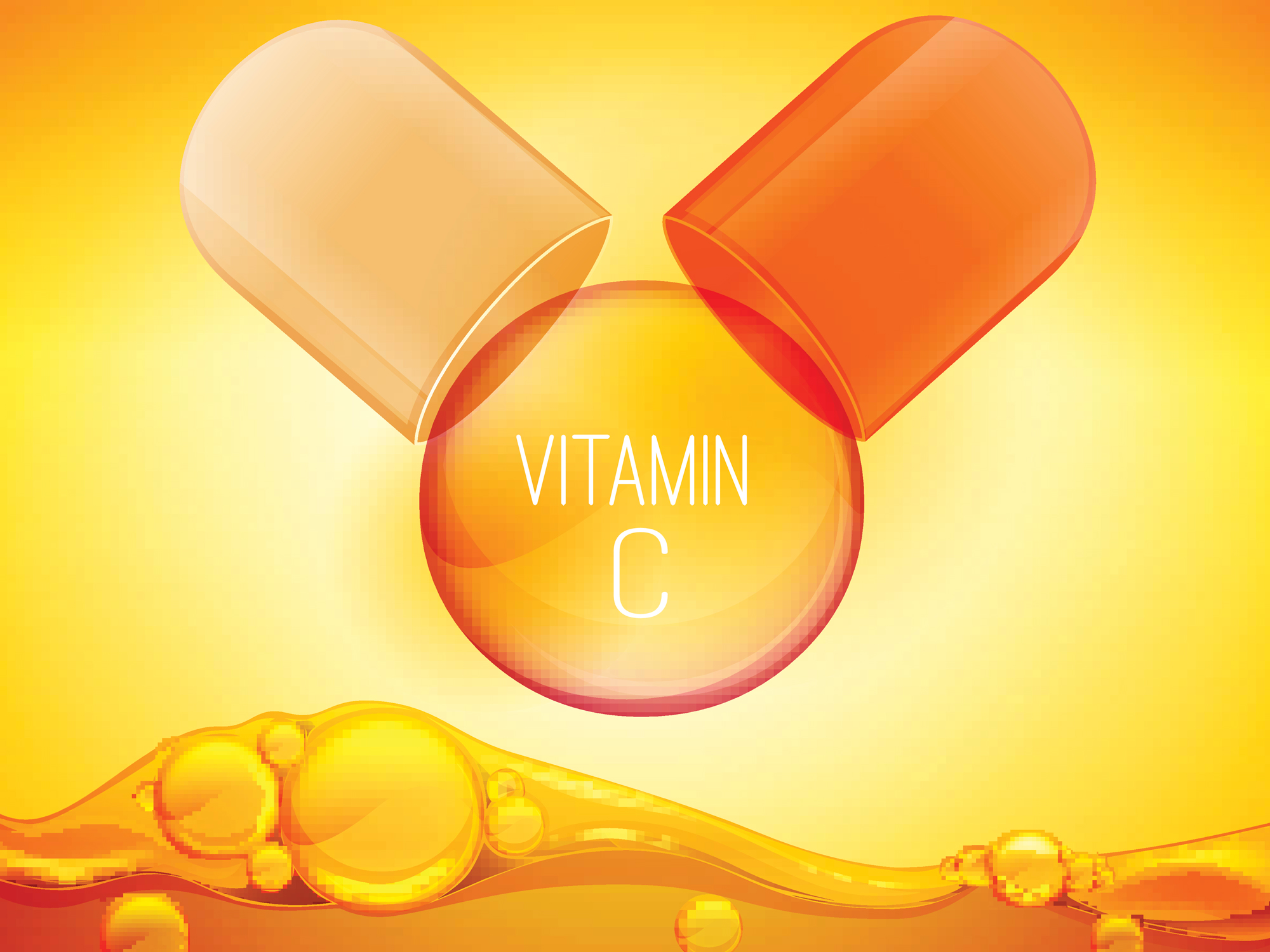Get Easy Health Digest™ in your inbox and don’t miss a thing when you subscribe today. Plus, get the free bonus report, Mother Nature’s Tips, Tricks and Remedies for Cholesterol, Blood Pressure & Blood Sugar as my way of saying welcome to the community!
The triple miracle of vitamin C

Your body needs a wide range of nutrients to perform its functions.
But there is one vitamin that supports every function in your body and can miraculously reduce your risk of all causes of death — even the big ones like heart disease, stroke and cancer…
You may think I’m getting ready to tell you all about vitamin D, because it’s pretty amazing, right? But vitamin C is a wonder-vitamin in its own right that sometimes gets lost in the headlines (even though recently it was revealed to be 10 times stronger than a cancer drug).
What’s so special about vitamin C? It possesses the powerful ability to donate electrons to cells in the body. This function offers three major benefits — potent antioxidant power, serious partnering enzymatic cofactor and dependable immune system support.
Antioxidant power
You’ve no doubt heard of oxidative stress and free radicals. These are unstable cells in the body that cause havoc and lead to diseases like cancer, and every other disease for that matter.
Vitamin C is the main antioxidant that circulates throughout the blood and feeds all the tissues in the body. When it finds these unstable cells, it donates an electron to stabilize them, so they stop being radical and become normal once again.
Vitamin C’s antioxidant power protects DNA, RNA, carbohydrates, proteins, and fats, from free radical damage, so they can go about their proper metabolic and body-building functions.
Vitamin C also helps regenerate other antioxidants like vitamin E.
Partnering enzymatic cofactor
With the ability to reduce and donate electrons, vitamin C acts as a cofactor to many other bodily functions.
Vitamin C helps support the production of:
- Collagen — the structural basis of your tendons, bones, cartilage and skin.
- Carnitine — a compound needed to help fat cross cell membranes and energize cells.
- Catecholamine — a compound that functions as a hormone or neurotransmitter.
- CoQ10 — together vitamin C and CoQ10 provide powerful antioxidant protection for brain tissue.
- And the conversion of cholesterol to bile acids (just one of the reasons your body needs cholesterol).
On top of this, vitamin C is needed to increase the bioavailability of iron, an essential mineral needed to regulate cellular function and synthesize DNA coding.
Immune system support
You’ve probably taken vitamin C when you have a cold. And that’s because immune support is one of its well-known functions.
In fact, research shows regular vitamin C supplementation halves the incidence of colds, and reduces their duration by at least 8 percent.
Vitamin C stimulates the production and function of a wide range of immune cells, supports their immune-boosting work, and prevents them from going radical and causing damage. Vitamin C also increases a molecule called interferon, which has potent antiviral activity.
Vitamin C food sources
Vitamin C can be found in a wide range of fresh fruit and vegetables, including, but not limited to:
- Sweet red pepper, ½ cup raw, 95 mg
- Kiwifruit, 1 fruit, 91 mg
- Strawberries, 1 cup, 85 mg
- Orange, 1 medium, 70 mg
- Broccoli, ½ cup cooked, 51 mg
- Grapefruit, ½ medium, 38 mg
- Tomato, 1 medium, 16 mg
- Spinach, 1 cup raw, 8 mg
Vitamin C supplements
In terms of supplements there are a variety of forms available, but most research uses ascorbic acid. There is also some evidence that taking vitamin C with bioflavonoids may assist with absorption. And remember, vitamin C is water-soluble, meaning your body doesn’t store it, so you need a steady supply via food or supplements.
The daily recommended intake is at least 65-75 mg per day, to avoid deficiency. But for protection against disease, you need to consume it at higher doses.
A dosage of 200-400 mg per day has been shown to bring up vitamin C levels to a steady state in the blood. However, the maximum dose taken at one time should be 200 mg, as the intestines control the amount you’re able to absorb. Therefore everything above 200 mg taken in one dose is largely excreted, which means, if you want to take 400 mg, its best taken in two doses.
You can also have intravenous vitamin C, which bypasses intestinal absorption and enters the bloodstream directly. This therapy has shown to be very promising in helping cancer patients during chemotherapy.
Editor’s note: Discover how to live a cancer prevention lifestyle — using foods, vitamins, minerals and herbs — as well as little-known therapies allowed in other countries but denied to you by American mainstream medicine. Click here to discover Surviving Cancer! A Comprehensive Guide to Understanding the Causes, Treatments and Big Business Behind Medicine’s Most Frightening Diagnosis!
Source:
Vitamin C: Summary — Linus Pauling Institute | Oregon State University. Retrieved 12 May, 2017













